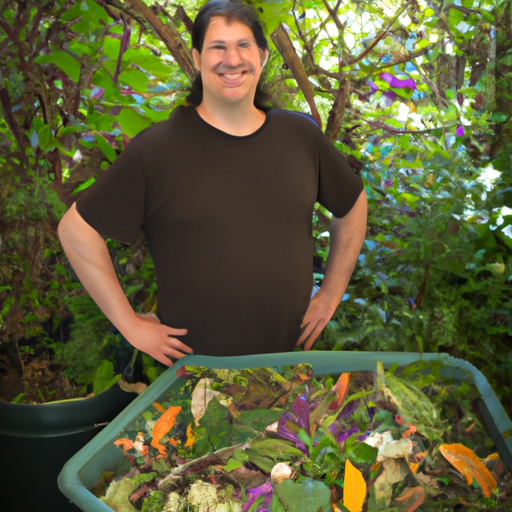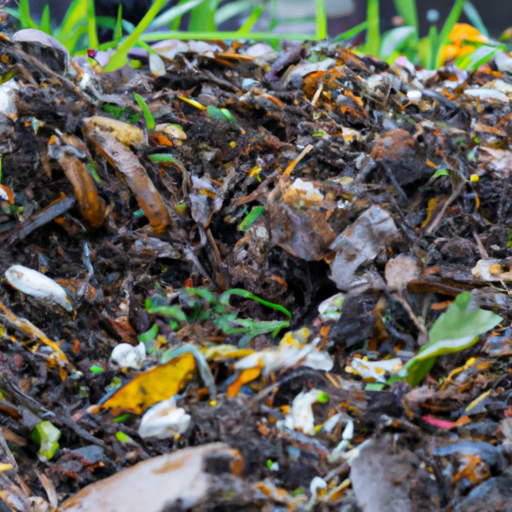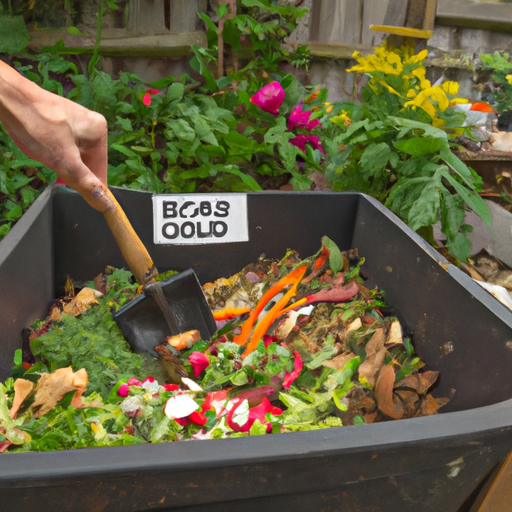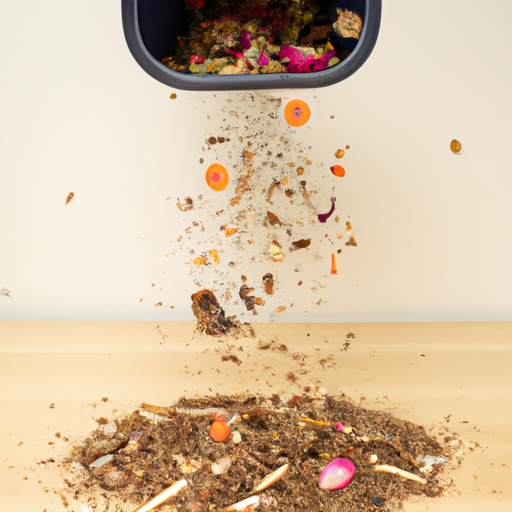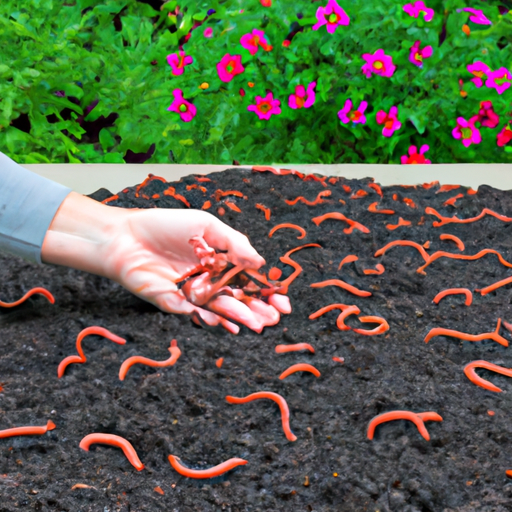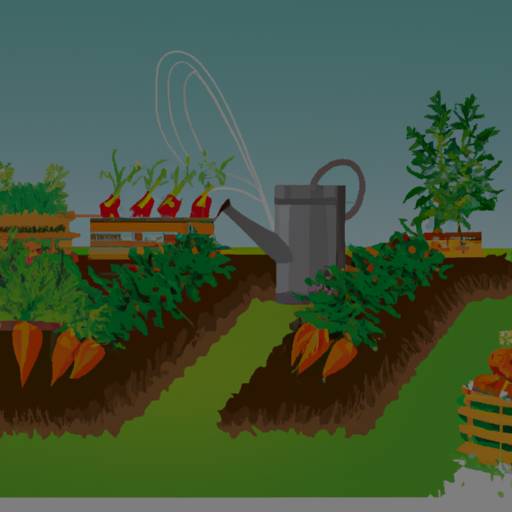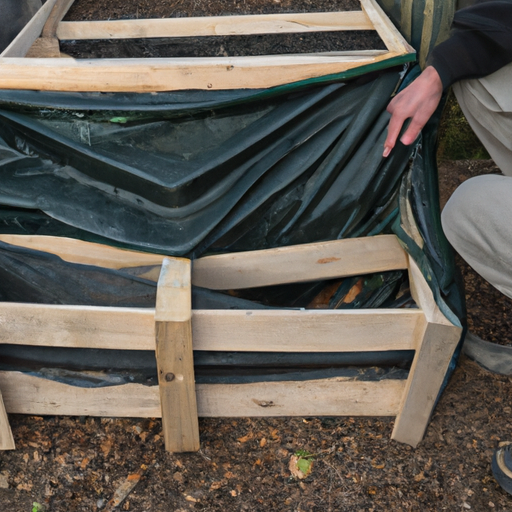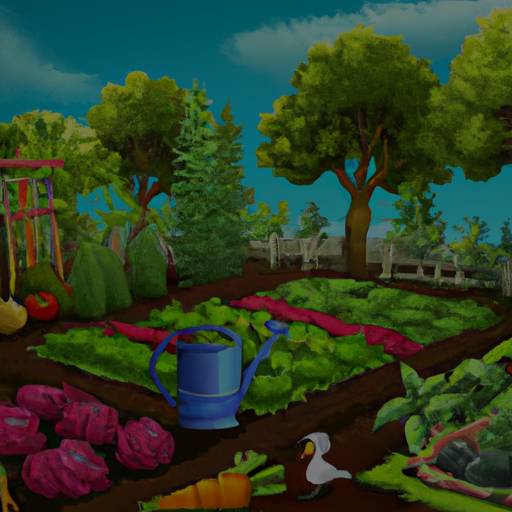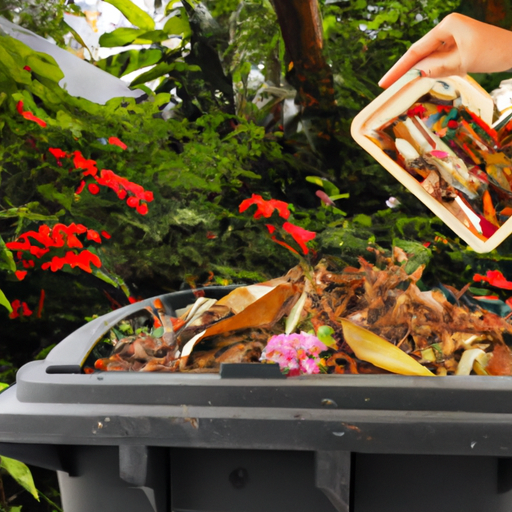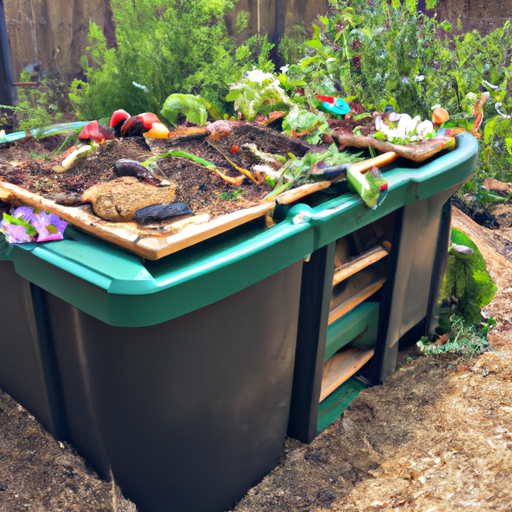Composting : A Beginners Guide to Reducing Food Waste
Composting is a great way to reduce food waste and improve soil health. It adds nutrients to the soil, retains moisture, and reduces greenhouse gas emissions. To start composting, choose the right bin for your space and research what can and cannot be composted. Maintaining your compost pile is important for success, and using quality ingredients is crucial. Once your compost is ready, you can use it to improve your lawn, mulch around plants, amend planting holes, and create raised beds. Compost takes about six months to two years to be ready for use. Indoor composting is possible for those with small living spaces. Avoid composting meat, dairy, treated wood, and chemicals.
